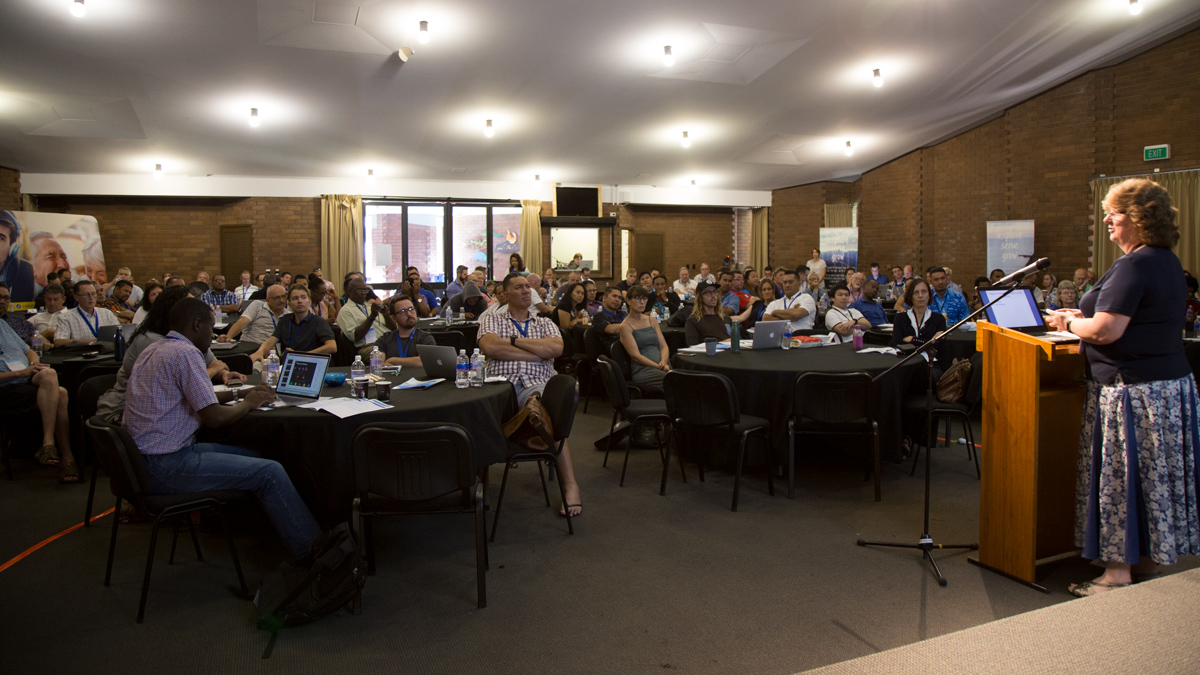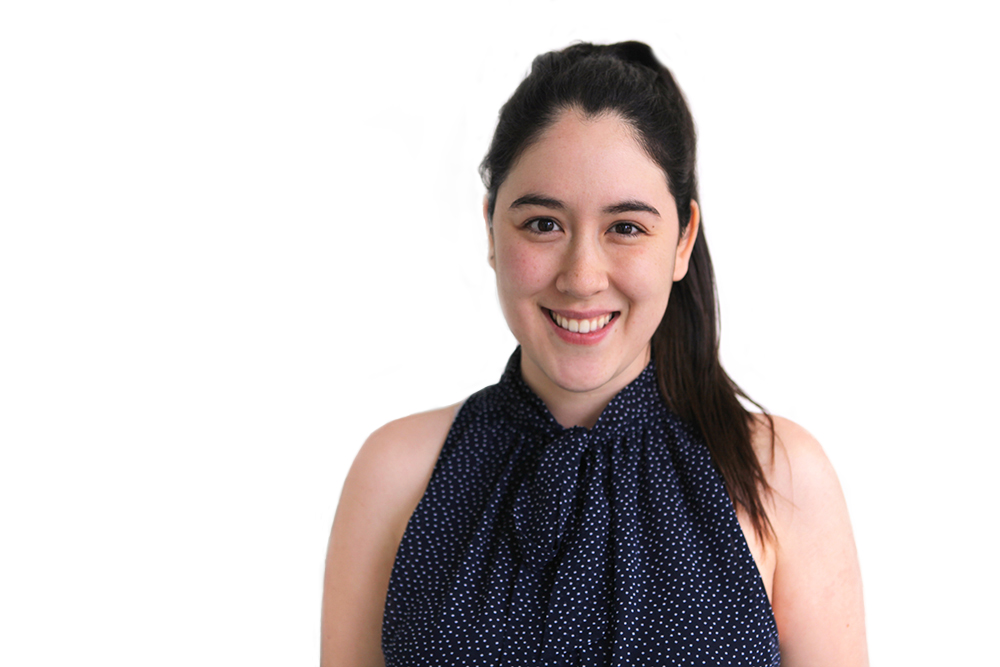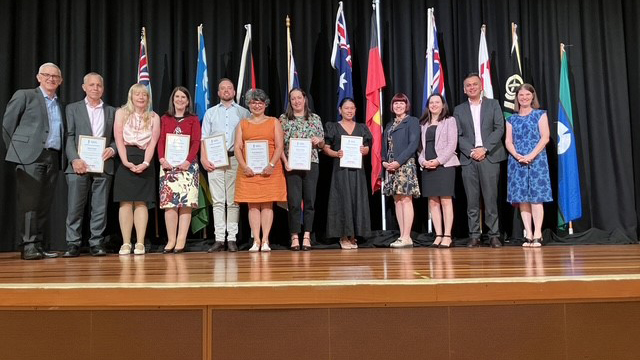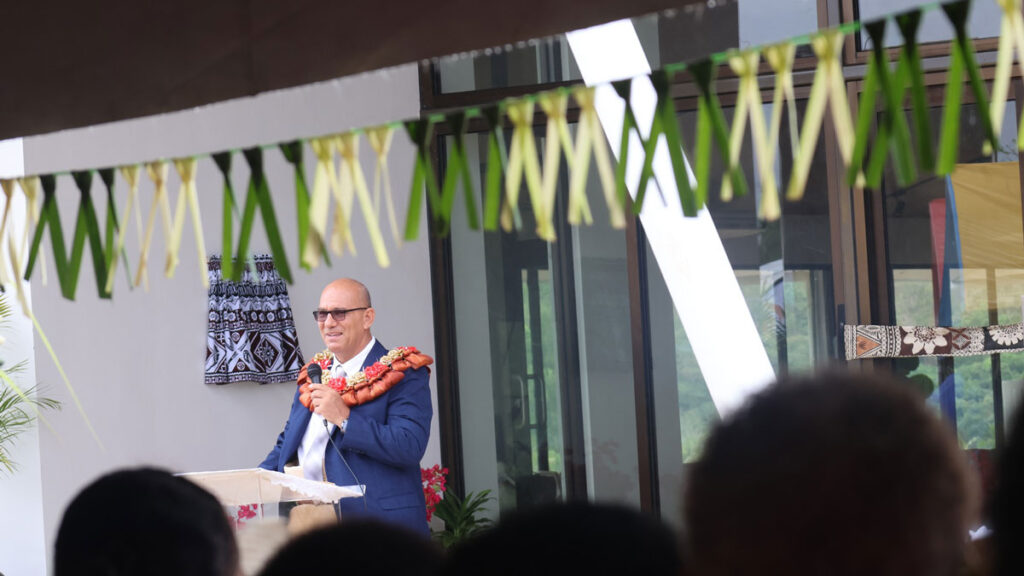Adventist Church members from across the Pacific have been motivated to multiply disciples at this week’s church planting conference.
Held at Avondale College (NSW) and hosted by the Seventh-day Adventist Church in the South Pacific (SPD), the conference focused on maturity and multiplication within discipleship and church planting.
“We plant churches because we want to make disciples,” said Dr Wayne Krause, the SPD’s church planting liaison and one of the conference’s key organisers. “But we want disciples to continue a lifelong process of maturity. So during this week, we’ve explored the idea of what that looks like practically for us as church members.”
Following on directly from the SPD’s Mission to the Cities symposium, the church planting conference was oversold for the second year in a row, with just under 200 people attending. Keynote speakers from South America, North America and Europe were shared between the two conferences. But in an effort to keep the content local, 15 of the 16 workshop presenters were from churches and institutions across the South Pacific.
“What we’re doing is important to our local area, so we want to highlight the people who are trying things and doing things in our Division,” said Dr Krause. “But we can also learn from global projects, which is why we had overseas speakers as well.”

Workshop topics covered a wide range of practical topics for church planting, from the basics of how to go about planting a new Seventh-day Adventist church, to how to mature into an effective church planter, with case studies highlighting everyday challenges to building lasting friendships. More specific workshops focused on small groups, creating a house church movement, reaching the next generation and even learning new models of witnessing to Hindu neighbours.
“As church members, sometimes we make really bad blunders with people, and it has to do with baggage,” said Dr Danijela Schubert, SPD women’s ministries leader who presented the workshops on maturing into an effective church planter. “Our childhood can give us baggage—some people have been damaged more than others—and unless we address those things, our church plants won’t flourish as much as they could.”
Round-table discussions during the presentations and case studies allowed for discussion and feedback of ideas, with those in attendance able to network and connect with fellow church planters.
“The most selfish thing you could ever do is be happy to go to heaven by yourself,” said Dr Krause. “That’s why we run these conferences and plant churches: it’s the best place for new disciples to grow.”






